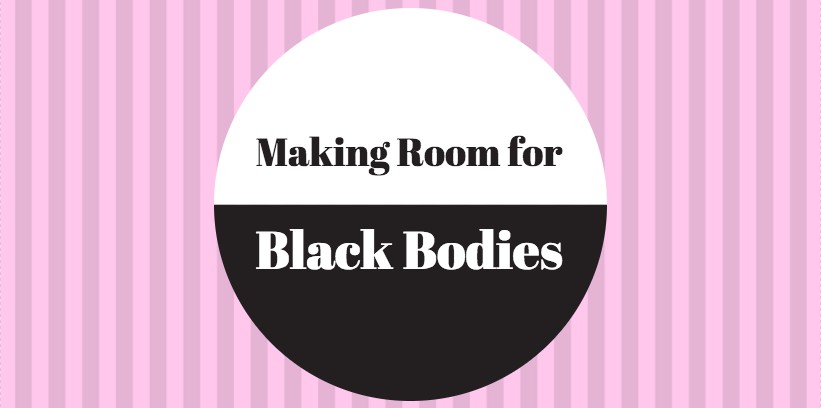Can black women fit into the body positivity movement?
As we begin to navigate the new era of intersectional feminism, an important question buried under decades of history finally reaches the surface: Is there room for black women in the “body posi” movement?
Time and time again, America has commodified the black woman. Reaching back to slavery, when the idea of black women embodying Jezebel first emerged, we were seen as “seductive, alluring [and] worldly” while simultaneously viewed as “innately promiscuous, even predatory,” according to Ferris State University Distinguished Speaker David Pilgrim.
This Jezebel caricature was used to rationalize the abuse suffered by African women. Black women were often victims of rape, but the imposed role of a promiscuous woman was used to mask the horrors. African men and women were essentially used as breeders. The children carried in the bodies of black women were quickly shuffled from plantation to plantation. Black women were forced to strip at slave auctions so buyers could get a good view of the product — not the person.
Black people have always triggered conversation but not for our culture, creativity or aptitude. Instead, people seem to only see what is on the surface, focusing on the black and the white.
Thomas Jefferson exemplified this view perfectly. In his “Notes on the State of Virginia,” Jefferson asserts that, yes, “the first difference which strikes us is that of colour.” He then goes on to underscore an idea that, two centuries later, is still prevalent in our society: The “flowing hair, a more elegant symmetry of form” of white women is clearly superior to those found on black bodies.
And yet, Thomas Jefferson had six children with Sally Hemings, his black slave.
For black women, and all women of color, to strive to achieve this Eurocentric standard of beauty is not only impossible but toxic for any development of self-worth. We try to emulate the shapes we see on the runway, desperately pressing our curls and coils into straight lines growing from our black scalps. When we strive to develop our own culture, to define beauty with our own standards, it is looked down upon or appropriated.
This dichotomy of apathy and attraction creates a constant uncertainty in the hearts of black girls. It is difficult for us to join other women in the crusade for self love when America can not decide if it is offended or fascinated by black bodies.
Within the black community, this culture around black feminism and sexuality is complex. There are those who choose to see the two as separate — a complete rejection of the historical implications — seeing sexualization as something that can never be used as an asset. There also exists those who see empowerment in owning their sexuality, especially with the rise of hip hop and black art as a whole.
There are, however, those who see the two as interdependent. By owning one’s body, displaying it in whichever way we desire instead of the way others choose to view it, we can create a new narrative for black bodies.
Look at Serena Williams, Beyoncé and Simone Biles. These women are black figures thriving at the same time as Michelle Obama, Maxine Waters and Toni Morrison. They collectively prove that our worth does not lie solely on the exterior but also on the substance within.
There is a new push to redefine and own pleasure for ourselves as black women, to embrace the #thick bodies we naturally have, and to think that, maybe, black women can love their whole selves.
Your donation will support the student journalists of Tulane University. Your contribution will allow us to purchase equipment and cover our annual website hosting costs.




